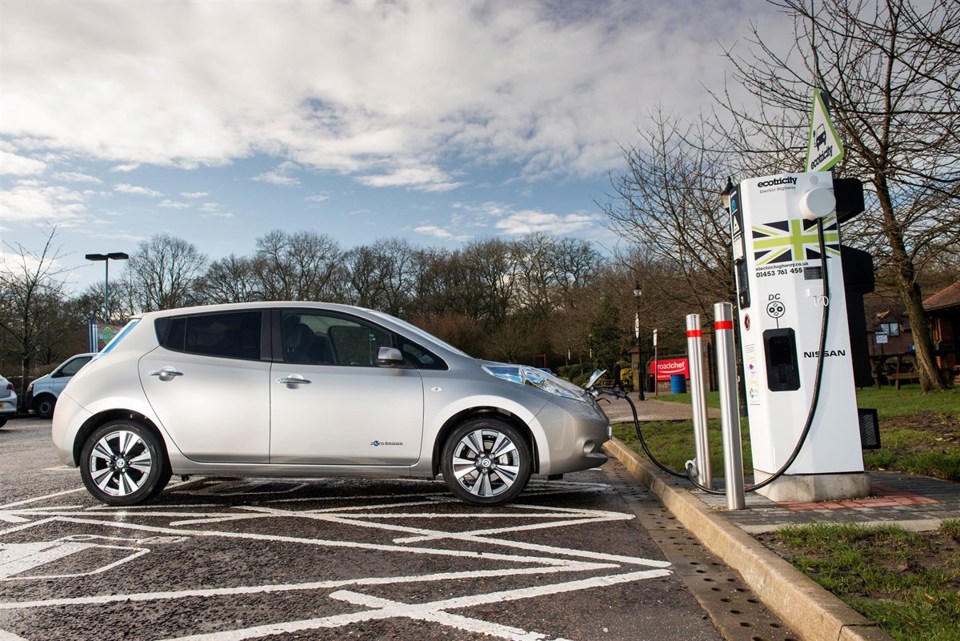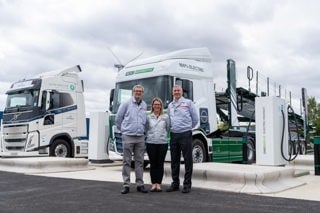Global pharmaceutical company AstraZeneca is to electrify its 16,000 strong global vehicle fleet by 2030, a move set to save more than 80,000 metric tonnes CO2 a year.
AstraZeneca, which is headquartered in Cambridge, says the move will “help reduce the burden of respiratory diseases and other air pollution-related conditions”. It is the first pharmaceutical company to join the EV100 initiative by The Climate Group, an international non-profit aimed at accelerating climate action.
To support the shift to electric vehicles, AstraZeneca will also expand the charging infrastructure at its office sites.
Katarina Ageborg, EVP, sustainability and chief compliance officer, AstraZeneca, said: “Recognising the link between a healthy environment and human health, we believe that by investing in electric vehicles and emissions-reduction initiatives, we can help reduce the burden of respiratory diseases and other air pollution-related conditions. Environmental stewardship will prevent disease as well as protect the planet for future generations.
“Sustainable business is about addressing the impact of our activities on both the planet and on people’s health and this needs to be a joint effort. We should all work together in partnership on climate action.”
AstraZeneca is the 50th business to join the EV100 initiative. Companies representing $900bn in annual turnover and 2.8m employees are now committed to electrifying transport through the initiative.
Helen Clarkson, CEO, the climate group, said: “When a pharmaceutical company says we need to go electric to help everyone breathe clean air, every business with a fleet needs to listen. This is great example of a company addressing the global climate and air pollution crisis. As the first global healthcare company to flip its fleet through EV100, and the 50th large business to do so, AstraZeneca is setting a new benchmark in the drive to electric vehicles.”
Fleet decision-makers looking to reduce their carbon output can use the Fleet News C02 and fuel economy calculator.





















Login to comment
Comments
No comments have been made yet.